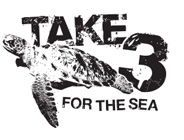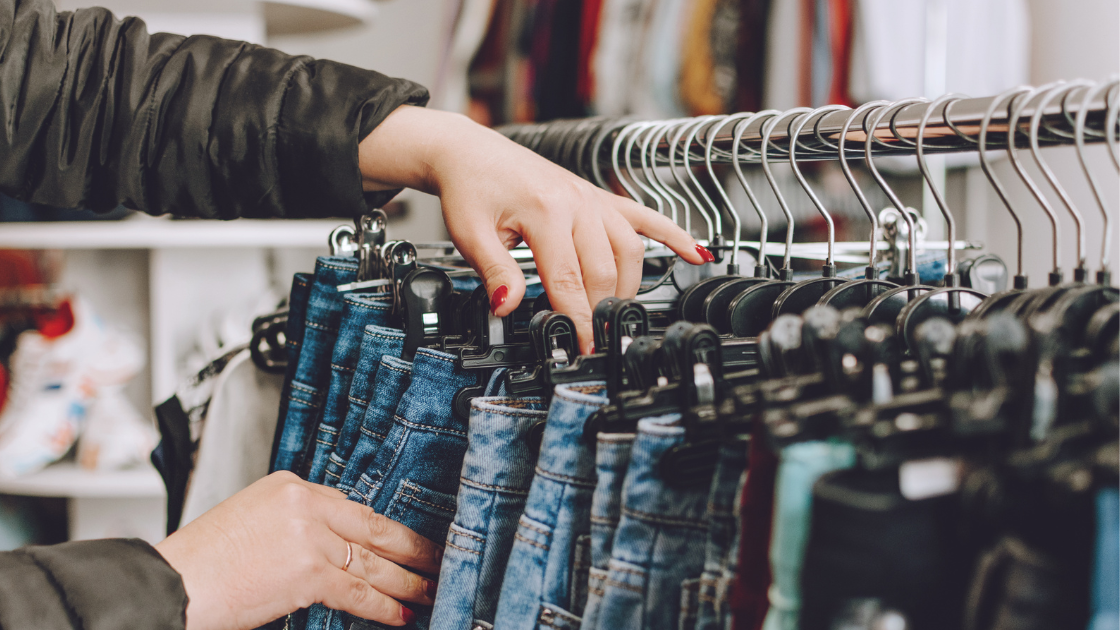The Reality of Fast Fashion: How to Reduce Your Fashion Footprint
Having the world at our fingertips has made us slaves to instant gratification. This extends beyond food delivery and Netflix, but to the clothes on our backs. These days we are accustomed to updating our wardrobes every month, if not every week. So it’s time we delve into fast fashion s – prepare to have your mind blown!
WHAT IS FAST FASHION?
Cheap, trendy and speedy, it’s no wonder the fast fashion industry is booming. Within the Asia Pacific region there are 43 million people working in fashion. Yes, this stimulates economic growth, provides loads of jobs and valuable training for these workers. However, hidden behind this is the exploitation of millions of individuals.
These workers are often paid an incredibly low wage and are forced to work in unsafe conditions with poor work facilities. The harsh realities go as far as child labour and slavery. For these people, the poverty cycle is relentless. The cruel truth encompasses not only the unfair treatment of workers but also negatively impacts our planet.
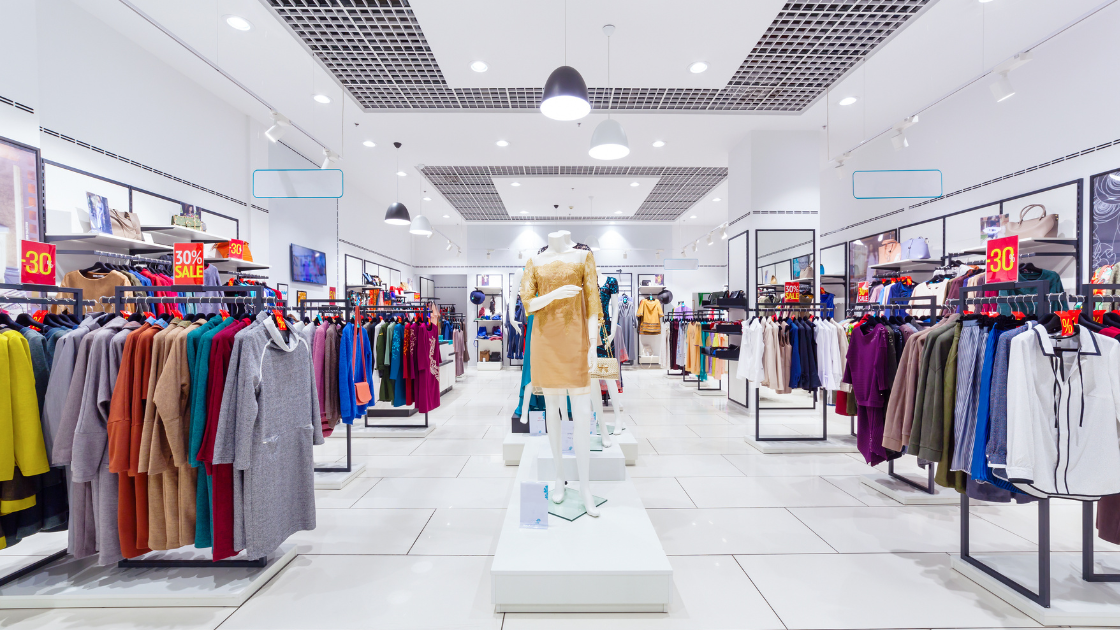
Fast fashion refers to the industry business model of mass-producing cheap and low-quality clothing items.
ENVIRONMENTAL IMPACTS OF FAST FASHION
The environment and fast fashion aren’t best friends to say the least. The fashion industry accounts for 10% of global emissions. A whopping 800 billion new pieces are produced worldwide each year, a number that is only growing.
The fashion industry is a massive consumer of water. Many common fibres are highly water and chemical intensive. It can take 2,700 litres of water to produce a single cotton t-shirt. Not to mention the potentially toxic wastewater produced from wet-processing factories that ends up in our oceans.
Fashion waste accumulation is a huge problem as fast fashion items aren’t made to last. 6,000kg of fashion and textile waste is produced by Australians every 10 minutes – most of which ends up in landfill. With a lot of fast fashion made up of synthetic non-biodegradable fibres, these can take hundreds of years to decompose. People buy cheap clothing items, wear them a few times and then find they become worn out very easily. Most of these fast fashion items are then either thrown out or given to charities who spend $13 million a year to send unusable donations to landfill.
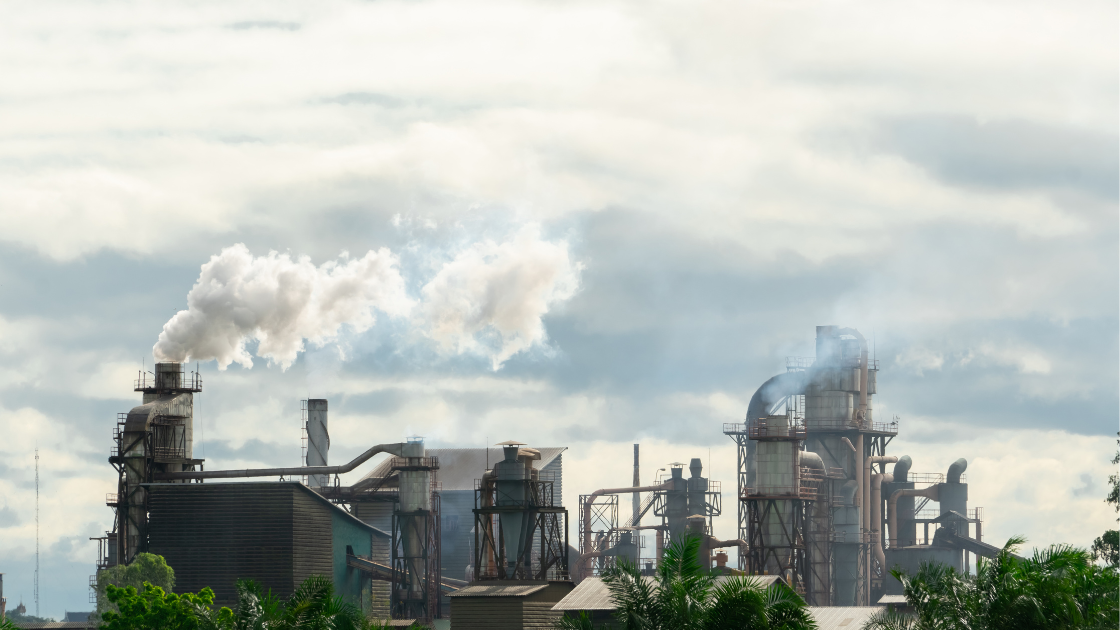
The fashion industry accounts for 10% of global emissions.
WHAT DOES AN ETHICAL COMPANY LOOK LIKE?
A true ethical business pays their workers a living wage and provides a safe environment while managing its eco-footprint. Look for transparency and traceability. In other words, they should be aware of their suppliers, processes, materials and worker’s conditions. Even more kudos if they make this information publicly accessible!
Companies are expected to have strategies in place to understand and reduce their environmental impact. Bonus points if they have policies to manage chemical practices, water usage, provide recycling programs and use sustainable fibres.
OUR TOP 5 TIPS FOR REDUCING YOUR FASHION FOOTPRINT
- RE-USE AND MEND: Choose old clothes first! Re-use and mend what you can.
- OP SHOP: Have fun exploring nearby op shops. We guarantee you’ll find some treasures!
- PICK THE RIGHT FIBRES: Be picky with your fibres. Choose fibres with low water consumption (such as linen and recycled fibres) and those with low chemical requirements (such as organic and natural fibres).
- ETHICAL BRANDS: Go for ethical and sustainable brands.
- RECYCLE AND DONATE: Recycle and donate your old clothes (make sure the clothes you donate are in good condition- aren’t ripped or stained).
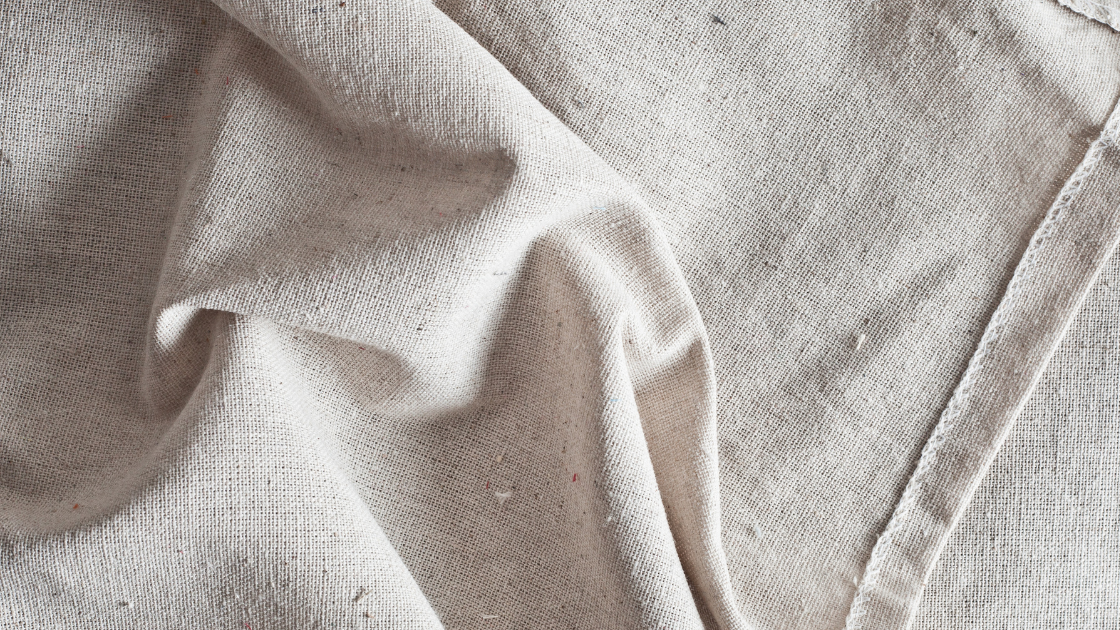
Opt for linen – its production requires less water than other fabrics like cotton.
Ultimately, go for old first and then choose to support sustainable and ethical companies. Let’s strive to be conscious in our fashion choices and keep the Earth how we found it!
References
Most of the statistics from this article have come from Baptist World Aids 2019 Ethical Fashion Report, access the report here: https://baptistworldaid.org.au/resources/2019-ethical-fashion-report/
